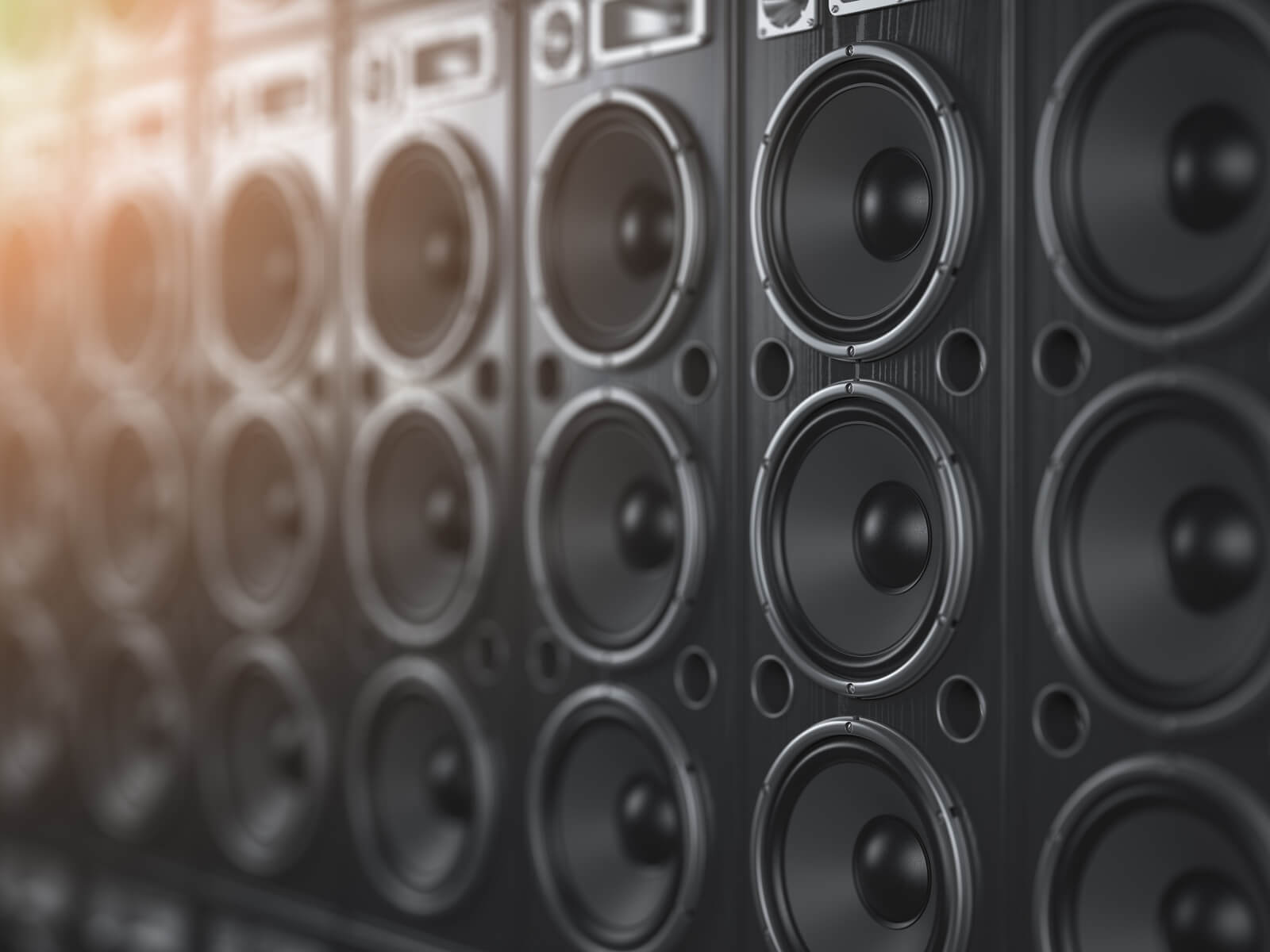At the molecular level, the effects of loud noise and music, are the same as that of stress.
In both cases, during stress and loud noise exposure, calcium ions rush into the cell causing depolarization and cell death. What was flippantly referred to as the “mind/body connection” in the 1960s actually has a pretty solid physiological basis, at least as far as the deleterious effects of stress are concerned.
From an audiology perspective, the story begins in 1970 with Hormann and his colleagues performing an interesting experiment on his unsuspecting first year psychology students. He asked them to perform a simple task … rolling their tongues. For those who could roll their tongues, the following was a “reward”: the students were congratulated and then led into a bright clean room where their hearing was tested, a well-defined high level of noise was applied to create a change in hearing, referred to as a temporary threshold shift (TTS), and the hearing status of the group was then immediately retested after the exposure. Then they all went out for a celebratory beer.
But for those who could not roll their tongues, they were “punished”: the students were yelled at and were led into a dark, smelly room with garbage on the floor. Again a TTS paradigm was performed, (and without the promise of celebratory beer).
Unbeknownst to the two groups is that the noise exposure was identical- one was positively viewed and the other was negatively viewed. The sound level (in dBA) and the duration (minutes) was identical.
The “reward” group had an expected 12 dB TTS, but the “punishment” group had a 18 dB TTS.
A Stressed or Negative Environment Yields More Damage
Forms of this experiment have been repeated throughout the years by Lindgren and Axelsson (1983) and Swanson et al. (1987), with similar results- a stressed or negative environment yields more damage; in this case being a greater TTS.
In the Lindgren and Axelsson study, subjects were exposed to doses of noise and music of equal energy- same sound level and same duration- but 6 of their ten subjects experienced more TTS from the noise than the music (with the other four experiencing the same TTS).
In the Swanson et al. study, student volunteers were asked to attend a rock concert, with some students hating the music and others liking the music. With sound levels controlled as much as they could be, those who hated the music had a higher TTS than those who liked the music.
It is not that being positive or liking something is protective; it is the disliking or stressful response to something that can be deleterious.
Now, couple this with glial excitotoxicity which is a phrase coined by Miller, Maletic, and Raison (2009). In short, glial excitotoxicity refers to a system of events that feedback on itself whereby higher levels of cortisol (a stress hormone) are secreted by the adrenal glands, which facilitates a higher level of glutamate.
Glutamate is a neurotransmitter substance that is crucial to the functioning of the auditory mechanism, where higher levels can be (oto)toxic. This is one of the well-studied mechanisms of TTS, and until the excessive levels of Glutamate are carried away or metabolized, TTS will be experienced. Higher levels of Glutamate, like stress, facilitates higher concentrations of Ca+ ions that can now enter the cell thereby contributing to cell death. Some researchers have coined the phrase “stress response” as a summary of the cortisol, glutamate, calcium ion influx process.
At the molecular level the effects of stress and high levels of noise or music (that create TTS), are similar- Calcium ions depolarize the cells.
One can argue (and indeed we do not know about this) that TTS is not the same as permanent hearing loss, or permanent threshold shift (PTS). And this is true- TTS cannot be used as a future predictor of PTS- to date there are no known correlations, other than to say that prior to most PTS there are episodes of TTS.
High levels of stress are not just something that we should be concerned about for cardiac health; high levels of stress may be a contributing factor to hearing loss — at least at the molecular level — stress is the same as high noise or music levels.
 MARSHALL CHASIN, AuD
MARSHALL CHASIN, AuD
Dr. Marshall Chasin is Director of Audiology at the Musicians’ Clinics of Canada, Adjunct Professor at the University of Toronto (in Linguistics), and Associate Professor in the School of Communication Disorders and Sciences at Western University. He is the author of over 200 articles and 8 books including Musicians and the Prevention of Hearing Loss. He writes a monthly column in Hearing Review called Back to Basics. Dr. Chasin has been the recipient of many awards over the years including the 2012 Queen Elizabeth II Silver Jubilee Award and the 2017 Canada 150 Medal. He has developed a new TTS app called Temporary Hearing Loss Test app. And he is not as boring as this bio makes him sound!







